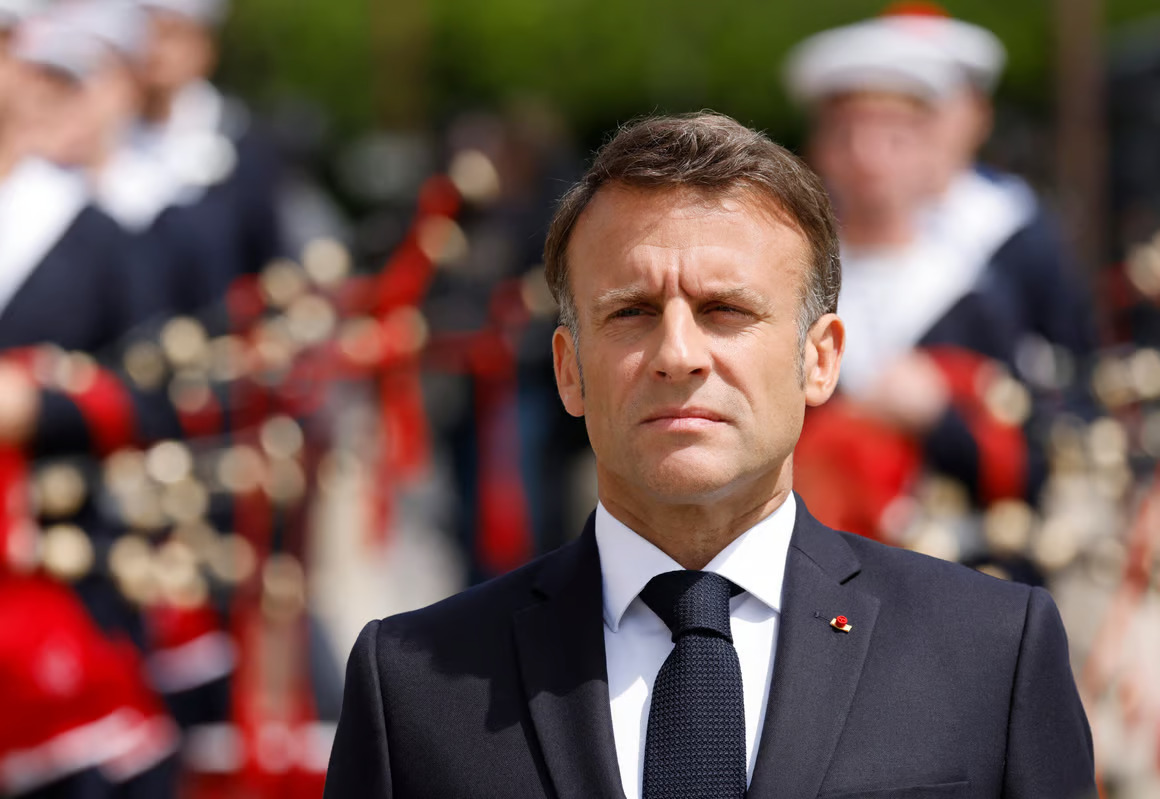France has begun voting in a snap parliamentary election, the outcome of which could significantly impact President Emmanuel Macron’s ability to govern. This early election follows the recent defeat of Macron’s Renaissance party by the far-right National Rally (RN) in the European Parliament elections.
Macron, responding to this setback, decided to call for a snap election in an effort to address voter discontent and potentially reshape the National Assembly, which holds significant power over domestic legislation.
The 577-member National Assembly will be elected through local contests, with the first round eliminating weaker candidates ahead of the second round. Candidates who secure an absolute majority on at least a 25% voter turnout in the first round win their seats outright, although most races will proceed to the second round.

To qualify for the second round, candidates must garner at least 12.5% of votes from registered voters, leading to potential multi-candidate run-offs.
This election could lead to a “cohabitation” government if Macron’s centrist alliance does not secure a majority, which would force him to work with a prime minister from an opposing party.
The last such instance in France occurred in the late 1990s, complicating governance but sometimes leading to effective political compromises. The possibility of a far-right government, led by RN’s Jordan Bardella, is particularly noteworthy, as it would represent a significant shift in French and European politics.
The left-wing New Popular Front (NFP) has emerged as a significant coalition, bringing together a range of parties from radical to moderate under leaders like Jean-Luc Melenchon and Raphael Glucksmann. This alliance aims to recreate the unity of the 1936 Popular Front, which successfully countered fascist influences in France.
Polls will close at 8 p.m. local time, with results expected early Monday. The election’s outcome will determine whether Macron can continue his presidency with a supportive legislature or face the challenges of a divided government.


